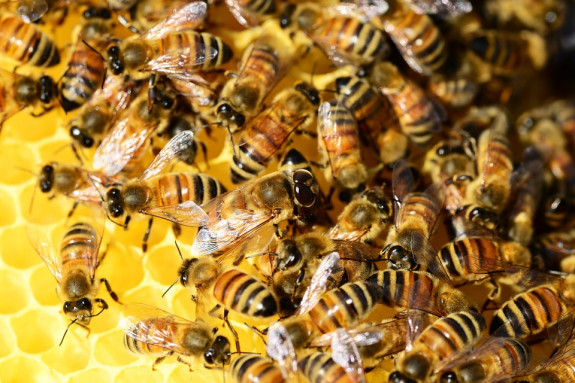Emeritus Professor Alison Mercer

A Marsden 25 recipient, zoologist and the "queen of all pheromones". Professor Alison Mercer studies developmental genetics and the brain and behaviour of honey bees.
Emeritus Professor Alison Mercer's work on how honey bee queens control their offspring earned her a title as the "queen of all pheromones" by the Otago Daily Times. Alison and her team discovered that exposing young worker bees to queen pheromones alters the chemistry of their brains. They have also drawn a direct link between these changes in brain biochemistry and behaviour.
Mercer argues that this research is particularly beneficial for honey bee populations as it showcases that these pheromones help ensure survival of the queens, and maintain the colony as a functional unit.
Further research by Alison has included the role of biogenic amines on neuronal development; olfaction and the central processing of olfactory information; and dopamine receptors in the brain of the honey bee.
Alison looks at the development of a stress response in bees, and its impact on learning and memory. She says that as populations decline, there is an increasingly urgent need for a "deeper understanding of stress reactivity in these important issues.”

Alison’s work on the honey bee, which provided an understanding of how chemicals work to create behaviour change, has provided beautiful evidence for distinguishing context-dependent plasticity from plastic alterations of nervous connections associated with chronic sensory stimulation. Her discoveries on central nervous systems in response to certain stimuli have contributed to research concerning learning and memory, and what happens to defined brain areas as a consequence of learning.
